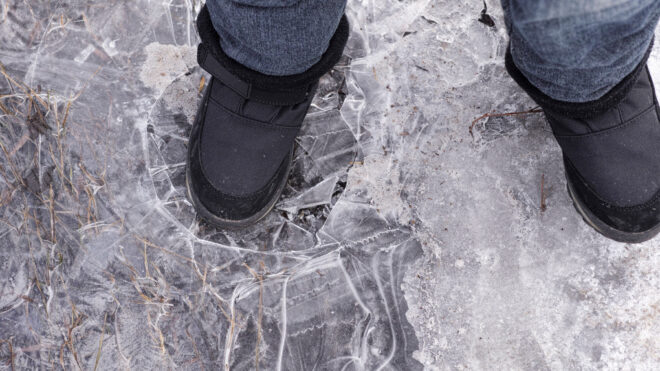Both of my children had jaundice shortly after being born. With my first, the issue resolved itself fairly quickly and we didn't have to do anything about it. With my second we kept having to go in to get blood tests that were painful for the baby and traumatic for me. At the time I was very upset that my tiny child was being put through this, but now that I've read about the severe brain damage caused by jaundice that a baby named Khan Gold suffered because midwives failed to realize how jaundiced he was, I am incredibly grateful that our caregivers were on top of my baby's jaundice and made sure that it was monitored so it wouldn't cause her any brain damage.
Read more ¿Qué más?: 8 Things babies born in 2015 will never know
Here are five things you need to know about jaundice in newborns:
1. Jaundice in newborns refers to a yellowing of the skin and whites of the eyes.
2. The yellowing is caused by an excess of bilirubin a sort of yellowish-orange pigment that is made when the body breaks down old blood cells. The excess of bilirubin in babies is usually caused because their organs aren't up to the task of getting rid of it yet.
3. Jaundice in newborns is pretty common and about 60 percent will experience it. In most cases it will be mild and will go away on its own without treatment.
4. Jaundice usually happens within the first five days of a child's birth. Most babies don't even develop it until they have left the hospital, that's why your doctor may want to do a follow up when your baby is about 3 to 5 days old.
5. If the level of bilirubin in a baby stays too high, it can lead to a type of brain damage called kernicterus that causes problems for life.
My take away from this is that it is VERY important to get your baby checked for jaundice between 3 and 5 days old, even if it is a hassle to make it to an appointment. If necessary, your baby's healthcare provider will advise you on how to treat newborn jaundice.
Treatment for mild cases usually involves breastfeeding more often if you are nursing, to help encourage bowel movements because that's how the bilirubin gets out of the body. If the jaundice is more serious, treatment can include phototherapy where your baby is put under lights that help convert the bilirubin into a form that can be passed via urine.
Image via Thinkstock




